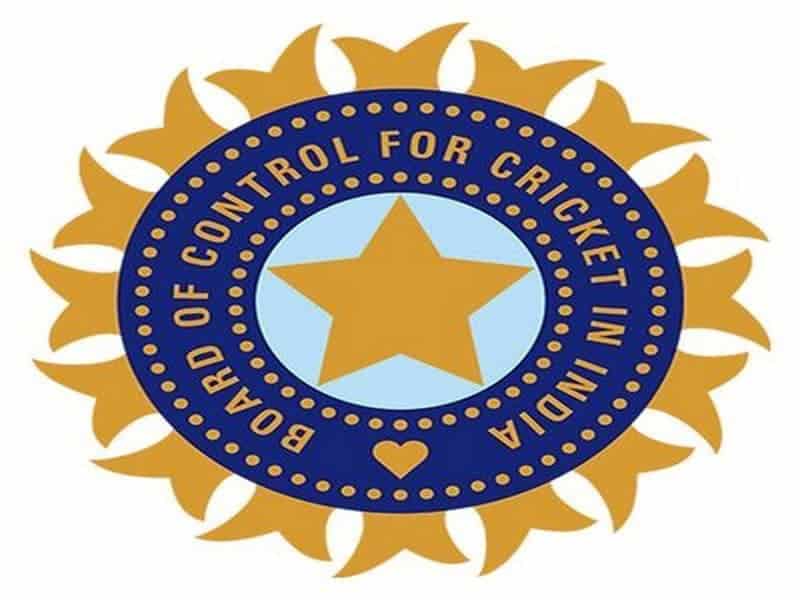Mumbai: The Board of Control for Cricket in India’s (BCCI) 88th Annual General Meeting (AGM) will be conducted tomorrow, and relaxation in the ‘cooling-off period’ for the president and secretary and other office bearers is expected to be a top agenda item.
The apex council will be meeting later today to discuss all the proposed changes, but the final call will be taken tomorrow in the AGM only.
If the amendment comes into effect, BCCI president Sourav Ganguly will be able to hold the reins of the board for two consecutive terms.
According to the present constitution, Ganguly is required to go for a three-year cooling-off period in July-August next year, as he was the Cricket Association of Bengal’s (CAB) office-bearer for almost five years.
According to the BCCI constitution, rules and regulations can be amended by a 3/4th majority of the members present at the AGM. But for the amendments to come into effect, the Supreme Court’s approval is also required.
The proposed amendment regarding the cooling-off period reads as: “A President or Secretary who has served in such position for two consecutive terms in the BCCI shall not be eligible to contest any further election without completing a cooling-off period of three years”.
“During the cooling-off period, such ‘office-bearer’ shall not be a member of the Governing Council or of any committee whatsoever of the BCCI. The expression ‘President’ or ‘Secretary’ should not be permitted to be circumvented by being a member of any other committee or of the Governing Council in BCCI, as the case may be,” it adds.
The existing BCCI constitution says that the office bearer has to go for a three-year cooling-off period if he has held any post for two consecutive terms of three years each either in-state association or in the BCCI (or a combination of both).
The BCCI has also sought an amendment to the disqualification clause as well. This relates to how a person would be treated if he/she has indulged in a criminal offence.
As per the current amendment, no person can hold office if he has been charged by a court of law. But the amendment says the restriction should only be imposed if the person has been given jail time for three years or more.

